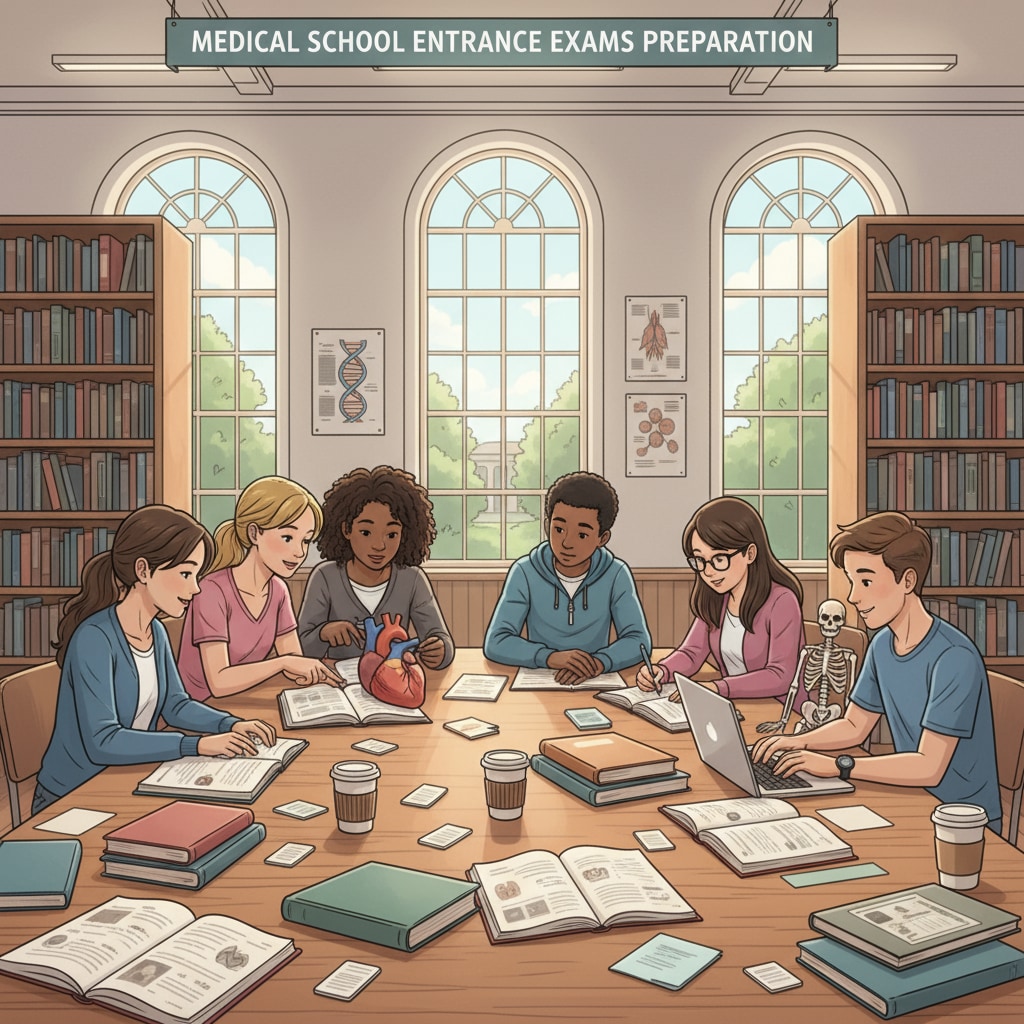Medical school entrance exams can be a source of significant learning anxiety and knowledge gaps for high school students. The path to a medical career is filled with challenges, but with the right strategies, students can overcome these hurdles and enhance their chances of success.

The Source of Learning Anxiety
The pressure to perform well on medical school entrance exams often leads to high levels of anxiety among high school students. The vast amount of material to cover, the competitive nature of the admissions process, and the fear of not meeting expectations all contribute to this anxiety. For example, students may feel overwhelmed by the complex scientific concepts they need to master. According to Anxiety on APA, anxiety can have a negative impact on learning and performance.
Understanding Knowledge Gaps
Knowledge gaps can occur due to various reasons. Inconsistent study habits, lack of proper guidance, and gaps in prior knowledge can all lead to areas where students struggle. Some students may have a weak foundation in biology, chemistry, or physics, which are crucial subjects for medical school entrance exams. As a result, they find it difficult to keep up with the advanced topics.

Practical Learning Strategies
To overcome knowledge gaps and reduce anxiety, students can adopt several effective learning strategies. Creating a structured study plan is essential. This allows students to allocate sufficient time for each subject and topic. Additionally, using a variety of study resources such as textbooks, online courses, and practice exams can provide a more comprehensive understanding of the material. For instance, websites like Biology on Khan Academy offer free educational content that can be a great help.
Mindset Adjustment
Developing a positive mindset is crucial in dealing with learning anxiety. Students should focus on their progress rather than just the end result. They can practice relaxation techniques like meditation and deep breathing to calm their nerves. Moreover, surrounding themselves with a supportive study group or seeking guidance from teachers and mentors can boost their confidence.
Readability guidance: By following these strategies, students can better manage their anxiety, fill in knowledge gaps, and be better prepared for medical school entrance exams. This will not only help them achieve their academic goals but also build the confidence and skills needed for a successful medical career.


